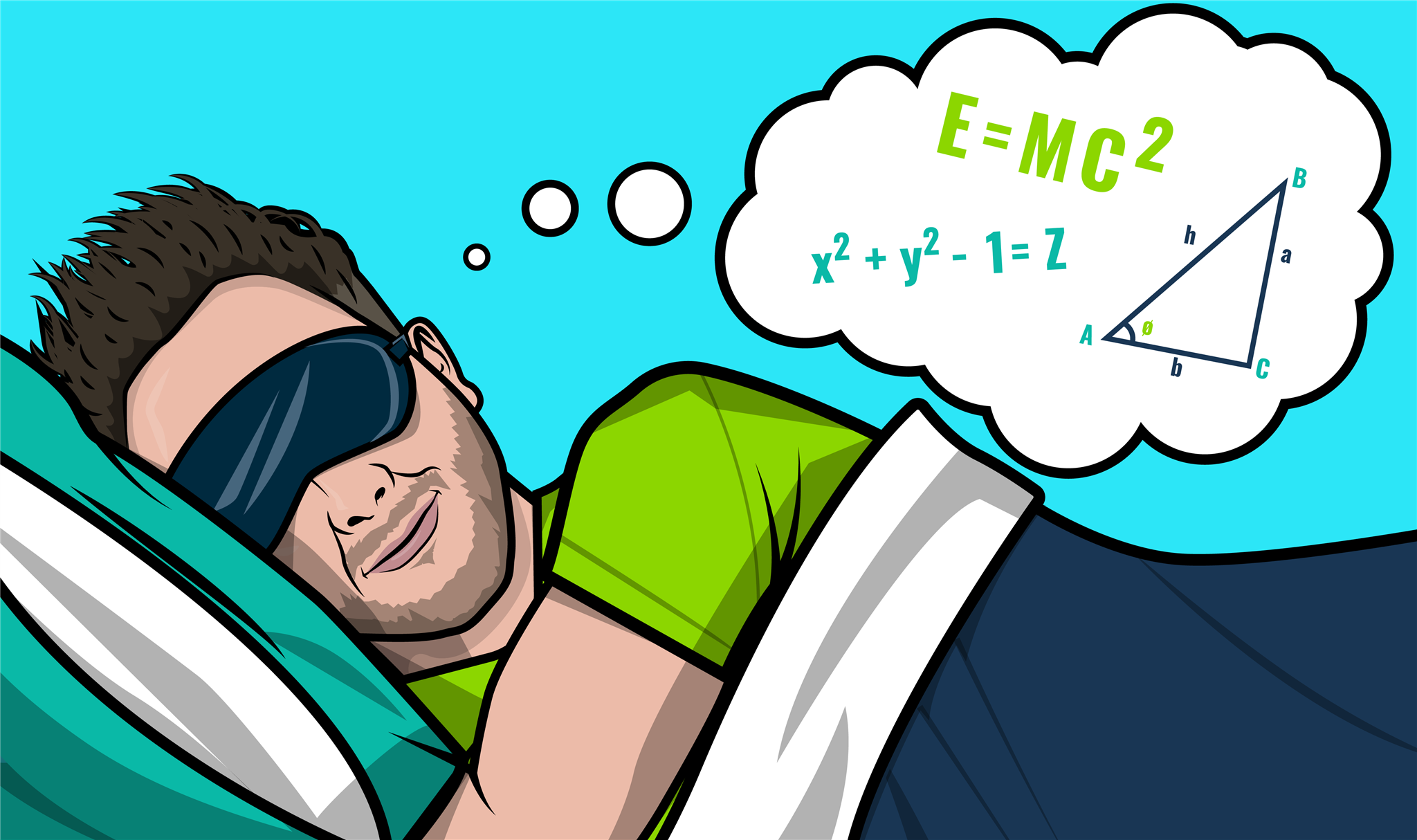Sleep is a phenomenon that has always aroused the interest of human beings, as it is both curious and disturbing; it was originally believed to be an almost supernatural state, in which man could come into contact with the deities and even see the future. Leaders had sages who interpreted their dreams to guide them on how best to govern their nations.
The development of science has eliminated much of this thinking and, in turn, has allowed us to know some of the processes that occur during sleep; still, we are still far from fully understanding it.
- Sigmund Freud has found in the content of dreams (the dream) a luxurious way to access the human unconscious.
- So he knew how to establish that the spirit symbolically represented his fears.
- Memories and desires while he slept.
- Then postulating that the contents of the dream is a kind of puzzle that can be deciphered.
In the field of psychoneurology sleep has been addressed differently, scientists have studied changes in the brain during sleep, which has allowed them to understand sleep physiology and establish some of the processes that occur during sleep, for this several experiments have been performed. has done.
Researchers have found evidence that during sleep, the brain processes the information acquired upon awakening, not only strengthens memories, but also purifies them, making them essential and detaching themselves from the most irrelevant elements.
But the case doesn’t end there. It has also been shown that the brain is able to establish relationships between data and tries to solve problems that may seem intractable when we are awake It is famous the case of Friedrich Kekulé, who knew how to find the structure of benzene while sleeping, although he could not find it while awake.
These dream discoveries seem to be the product of fiction, but are actually the result of countless studies conducted at different times and in different parts of the world. First, Aserinsky and Kleitman, two university of Chicago physiologists, discovered sleep cycles.
The two researchers were able to verify that, during sleep, there are phases of 90 minutes each. In REM, or rapid eye movements, brain activity is very similar to what happens during awakening. Between these phases, there is a “slow wave”. This reaffirmed that the brain is not passive in our sleep.
Several studies have followed this evidence. In 1994, two Israeli neurobiologists discovered that certain intellectual tasks could be performed better if the person had slept at least six hours. In the 2000s and 2006s, new evidence emerged that led us to conclude that memories were frozen and refined during sleep.
The most interesting data arose in 2007, when it could be seen that the brain learns while we sleep, in several experiments, first with rats and then as humans, it has been concluded that the brain continues to process data during sleep. it is able to perform analytical processes to set standards, so it is possible to solve problems during sleep.
Memory is the function of the brain that seems to be more related to sleep, we are no longer willing to learn or memorize while we sleep, but the brain continues to process what it has learned during the day, tuning and organizing. many questions remain unanswered.
The important thing is that, one way or another, ancient cultures did well to give sleep a more important role than simple rest, perhaps dreams do not allow us to talk to deities, but they are a gateway to the infinite possibilities of the human brain.
Image credits: Toni Blay

